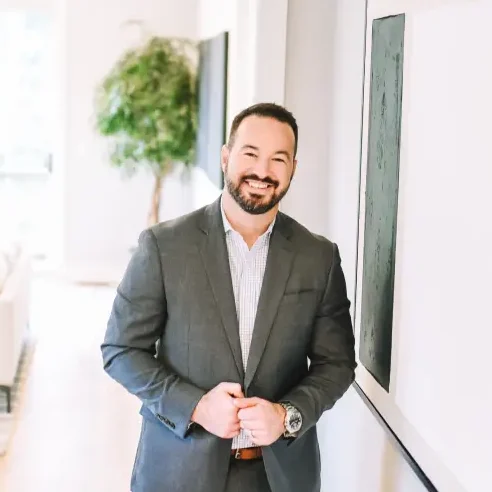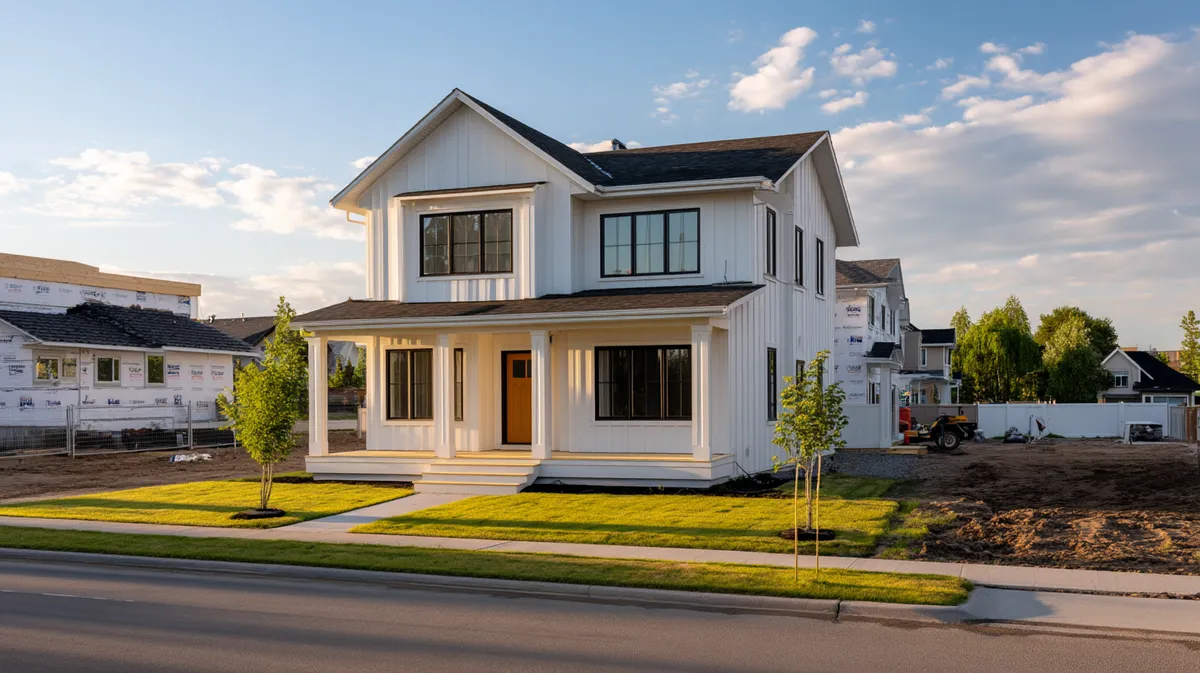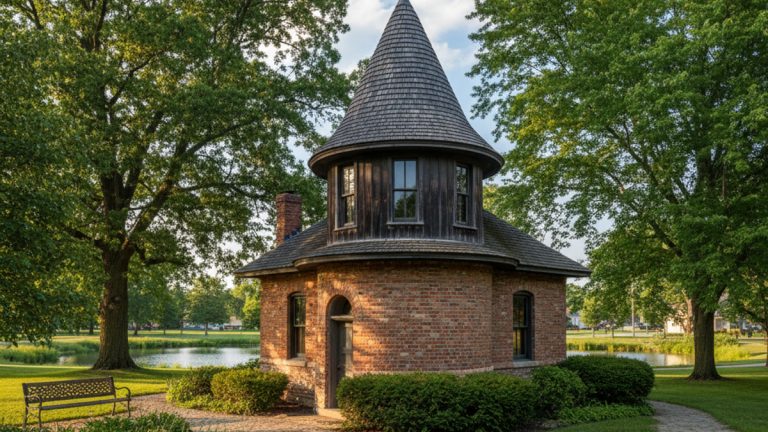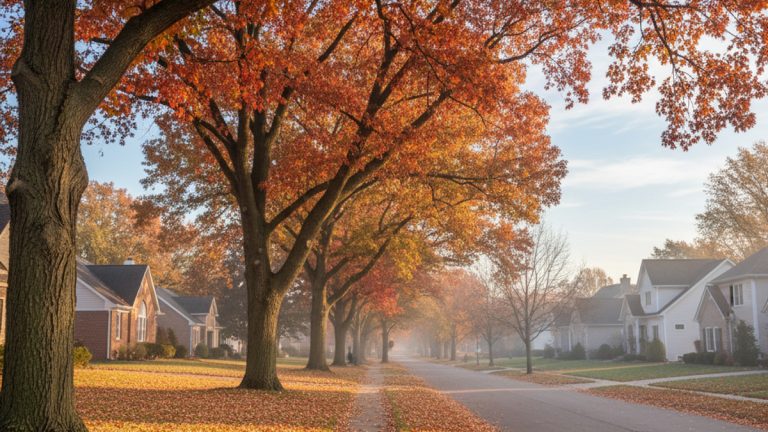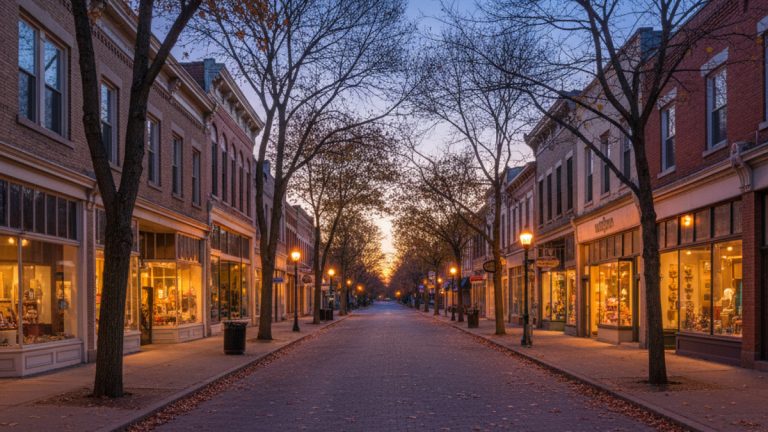A new construction home is a brand-new home, built to today’s codes, that has never been lived in.
By contrast, an existing home, or resale, is a property that has already had at least one owner or occupant. Even a newly built home counts as “existing” once someone has moved in, so lenders and insurers sometimes classify them differently.
The difference shows up most clearly in building codes. A new construction home reflects the most recent code adopted by the state. An older home reflects the standards in place at the time it was built. That gap can mean changes in insulation, wiring, or safety systems.
The buying process also differs. With a new build, you’ll work with home builders, site supervisors, and often a design center to pick the floor plan, finishes, and amenities. When you buy an existing one, the focus shifts to inspections, appraisals, and perhaps remodeling.
What Are the Pros and Cons of Buying a New Construction Home?
Walking into a brand-new home means everything is untouched. The roof hasn’t seen a storm yet, the furnace hasn’t gone through a winter, and the appliances are straight from the box. That usually buys you a few quiet years without major repair bills.
New builds also follow today’s energy codes, so the insulation, windows, and mechanical systems tend to run more efficiently than what you’ll find in an older place. Most builders back their work with a short warranty, and the manufacturers cover the appliances, which helps if something fails early.
Personalization is part of the draw. Depending on the builder, you might pick a floor plan that works for your routine and choose the finishes before you ever move in.
But there are trade-offs. Construction can stretch past the promised date if weather or material shortages get in the way. New neighborhoods start with small trees and fresh sod, so it can take years before the yard feels settled. And if you’re one of the first to move in, you may live with the sound of nail guns and delivery trucks until the community fills out.
Financing can look different, too. Some projects require a short-term construction loan that later converts to a mortgage, which adds another layer of paperwork and closing costs.
What Are the Pros and Cons of Buying an Existing Home?
With an older home, you’re stepping into streets and blocks that have been part of the community for years. Streets are established, trees have had decades to grow, and the nearby stores, schools, and parks are already in place.
Closings on resale homes usually move quickly, so if you need to be in by a certain date, this route can make that possible.
The flip side is upkeep. Roofs, furnaces, and wiring don’t last forever, and an older home may need attention sooner rather than later. Even when updates have been done, you’re relying on the quality of the past work.
Energy efficiency can lag behind newer building codes, meaning you might find yourself budgeting for insulation, windows, or new appliances to bring monthly bills down.
How Do Costs Compare Between New and Existing Homes?
The price tag doesn’t always tell the whole story.
A new construction home usually starts higher, but you’re walking into a house where the roof, furnace, and appliances are brand new and backed by a builder’s warranty. An older home might look like the bargain, but once you budget for a roof that’s halfway through its life or a furnace on its last leg, the math can change.
It helps to line everything up on paper. For a new build, add in upgrades from the design center, landscaping, and HOA fees that aren’t always obvious in the sticker price. For a resale, figure in the cost of repairs you’ll want in the first few years.
Monthly expenses can swing things too. New homes built to current codes often hold in heat better and run more efficient systems, which means lower utility bills. Insurance can reflect the same trade-off: companies tend to give newer homes better rates because everything’s up to date.
Incentives and credits are another layer. Builders sometimes chip in with closing cost help or mortgage rate buydowns. Sellers of older homes might agree to credits after an inspection. And don’t forget property taxes. A new build may be reassessed once it’s finished, while an existing home already has its value set by the county.
How Do I Decide Which Option is Better for Me?
Budget is the starting point. If the cost to build plus a construction loan fits your financial plan, and you can wait through the build timeline, a new home may be the right fit. If you want a conventional mortgage and a faster move-in, an existing home may align better.
Timeline is critical. New homes may take six to nine months or longer from contract to completion. Resale homes often close in about 30–45 days. If your lease ends soon or school calendars drive your move, that difference is important.
Maintenance tolerance is personal. A brand-new home typically needs little attention in the early years. If you enjoy projects and customizing a space, buying an older home could be appealing. Just remember to budget for unexpected issues behind walls or under floors.
FAQs About New Homes vs. Existing Homes
Do I need a construction loan to buy a new build?
Not always. Some builders sell move-in ready homes with standard mortgages, while others require a construction-to-permanent loan for homes built from the ground up.
Are new homes always more energy-efficient?
They are built to current codes, which generally improves insulation and systems. You can confirm your state’s adopted energy code on the DOE portal and ask your builder which version was used.
How do new home prices compare to resales?
New homes usually carry a higher price tag, though the gap depends on the market. National data from the Census Bureau put the median new home price at about $403,800 in July 2025.
Resale prices vary by neighborhood, so the best way to check is through your local MLS reports or the county assessor’s online search tool.
Should I still get an inspection on a new build?
Yes. City inspectors sign off on code compliance during construction, but that doesn’t cover everything.
A private inspector looks for things like uneven floors, missing caulk, or appliances that aren’t hooked up right, details you’ll want documented before closing so the builder can address them.
When will I start paying property tax on a new home?
Usually, the land is taxed during construction, and the full structure is added after completion. Your county assessor’s portal can show how assessments update and provide a tax estimator.
Do builders really pay closing costs?
Many offer credits or buydowns, but they must appear on official mortgage disclosures. A written breakdown helps you see how the credits reduce upfront or monthly costs.

